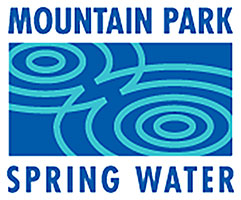Clean, freshwater is something we often take for granted because it is so readily available to us. But this isn’t the case in a lot of countries around the world. Everyone should have access to clean water wherever they live, which is why water charities are so important. Charities such as WaterAid and charity: water
CONTINUE READINGMonth: December 2020
Why Does Sparkling Water Taste Different?
If you’re trying to cut down on soda that’s high in sugar, but a regular glass of tap or mineral water doesn’t satisfy your thirst in the same way, then sparkling water could be a happy medium. You still get the fizz but without all the sugar. But sparkling water isn’t to everyone’s tastes. You
CONTINUE READING
